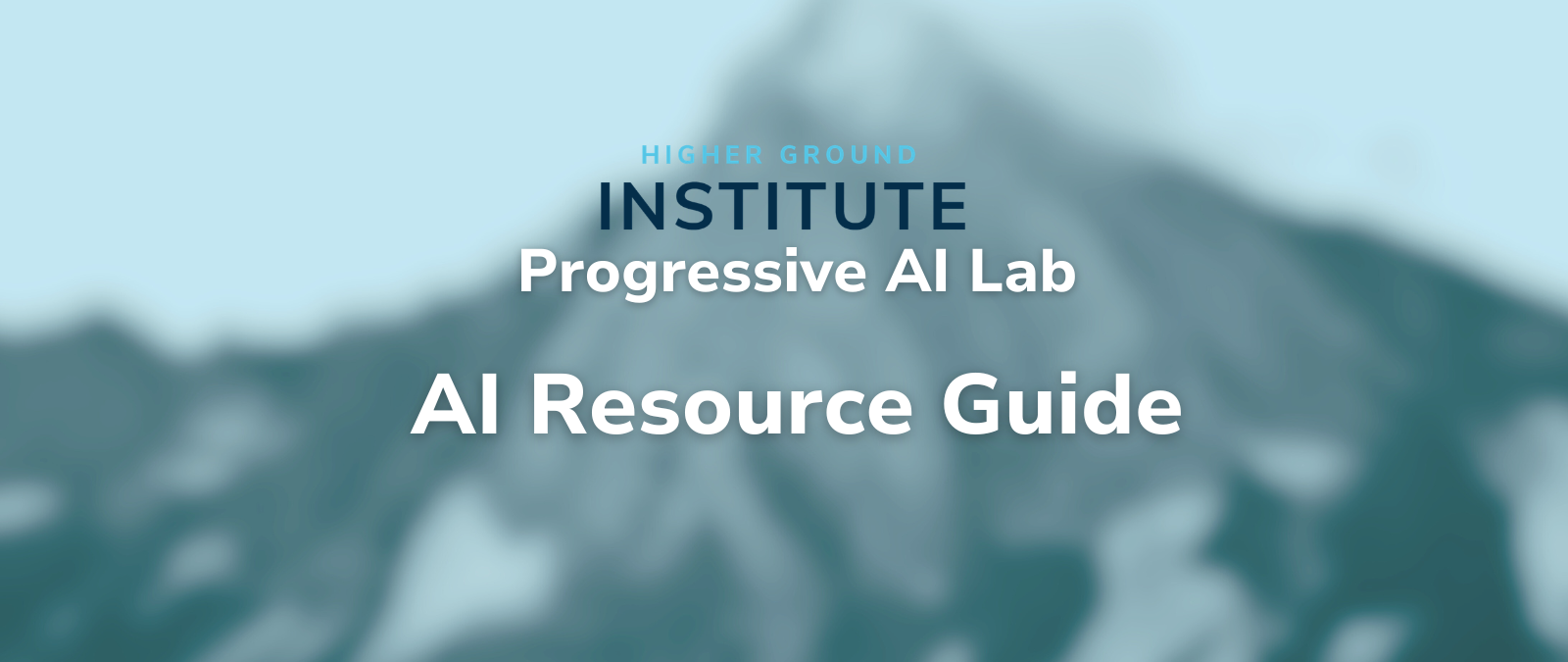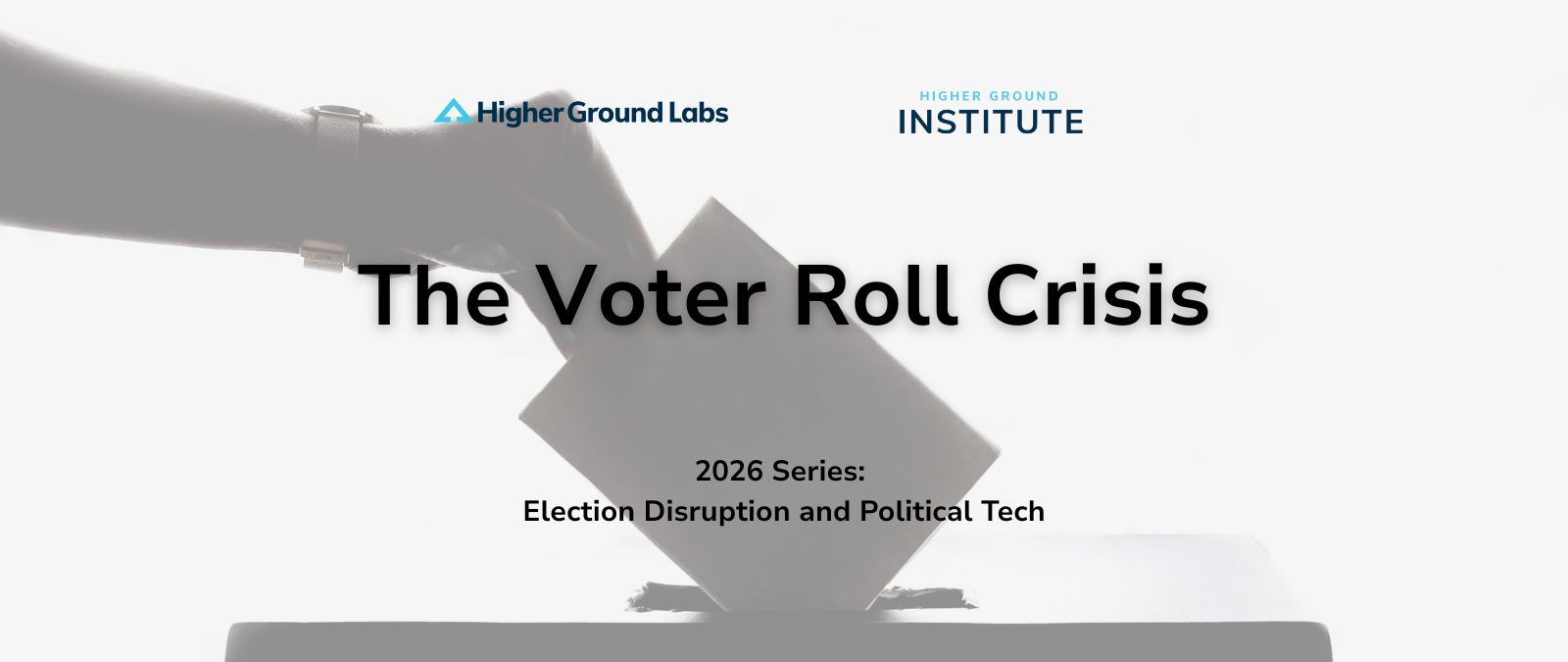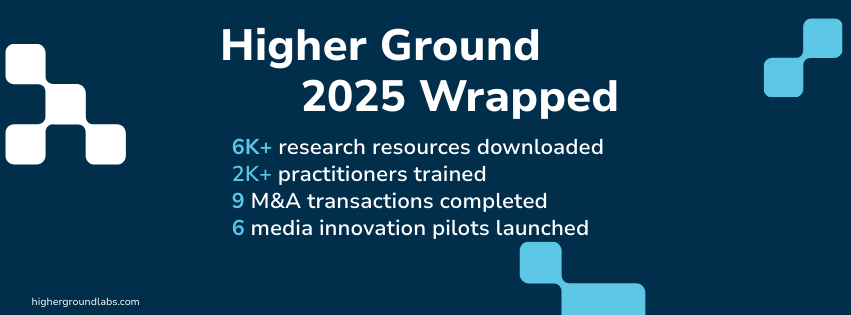Reaching and mobilizing voters across language barriers is crucial for progressives’ diverse coalition – but translating campaign materials and messaging can be time-consuming and resource-intensive.
Generative AI is a valuable tool for making translation easier and more accessible, and there are strategies your campaign or organization can employ right now to help your teams reach more voters, faster. In our AI Edition: Political Tech Landscape Report, we highlight emerging case studies and trends around using AI for multilingual outreach and translation, discussing how that could impact campaigns’ ability to reach multilingual audiences more efficiently and effectively.
AAPI Victory Alliance’s Groundbreaking Experiment
Earlier this year the AAPI Victory Alliance conducted an experiment testing AI-translated messaging across six major AAPI languages: Simplified Chinese, Korean, Hindi, Tagalog, Hmong, and Vietnamese. They compared human-translated messages against AI-translated and optimized content on key issues like gun violence, climate, and women’s rights.
The results? A near-even split, with 48% preferring human translation and 52% favoring AI-assisted messaging. This experiment highlights AI’s potential to help campaigns reach diverse language communities more efficiently.


Improving AI Translation for Less Common Languages
Hungarian advocacy organization noÁr discovered AI was not as good at translating English into Hungarian as it was into more common languages like Spanish. A member of the AI Cohort led by Cooperative Impact Lab (CIL), they experimented and developed a clever workaround for improving AI translations in less common languages.
Rather than directly translating to Hungarian, they found better results by:
- Submitting the original prompt in Hungarian.
- Having ChatGPT translate it to English.
- Running the prompt in English.
- Translating the results back to Hungarian.
This approach could be valuable for campaigns working with languages that AI tools struggle with.
Rapid Legislative Summaries in Multiple Languages
CASA, another CIL AI Cohort member, used AI to quickly summarize and analyze legislation in their Cover All Kids campaign in Virginia. Virginia’s legislative sessions are just weeks long, yet lawmakers introduce thousands of bills in that time, meaning it’s imperative to act quickly. Using Claude and Plural, CASA was able to quickly summarize new legislation in both English and Spanish, brainstorm calls to action to mobilize their members, and generate first drafts of letters to targets. Using AI allowed them to respond nimbly to ongoing developments in the Virginia legislature and equip their coalition with key messaging and materials to meet the moment.

Tools for Getting Started
If you’re looking to use AI to explore similar strategies in your organization, here are a few tools you might use to get started:
- ChatGPT – An off-the-shelf AI assistant from Open AI. We recommend upgrading to the paid version, as little as $20/mo, to ensure basic data security and privacy protections.
- Chorus AI – An AI-assisted media monitoring and content generation tool to help organizations increase their news-driven content analysis and production.
- Claude – An off-the-shelf AI assistant from Anthropic. Some campaigns prefer Claude’s written outputs over those of other tools. We recommend upgrading to the paid version, as little as $20/mo, to ensure basic data security and privacy protections.
- Plural – An AI-powered legislative tracking tool to summarize and analyze legislation.
- Quiller – An AI-powered co-pilot to help campaigns generate first drafts of supporter emails, op-eds, and more.
What AI-Assisted Translation Means
Though campaigns are still in the early stages of experimenting, initial results suggest that AI can bring a host of benefits to assisting with translation efforts:
- Efficiency: Campaigns can produce multilingual content faster and at a lower cost.
- Scalability: Reach more language communities with fewer resources.
- Consistency: Maintain message coherence across languages.
- Focus on Cultural Competence: Shift resources from full translation to AI-powered translation coupled with review from a culturally competent staff member or volunteer, ensuring nuanced, appropriate messaging.
AI translation tools may also scale multilingual disinformation. By quickly translating and identifying false content across languages, campaigns can respond more rapidly to emerging threats.
While AI translation isn’t perfect, it’s a powerful tool for campaigns looking to expand their multilingual outreach. As with all AI applications, human oversight remains crucial to ensure accuracy and cultural appropriateness.
Since 2017, HGL has invested in over 70 political technology startups and deployed over $53 million across four funds, supporting companies at the forefront of campaign innovation.



